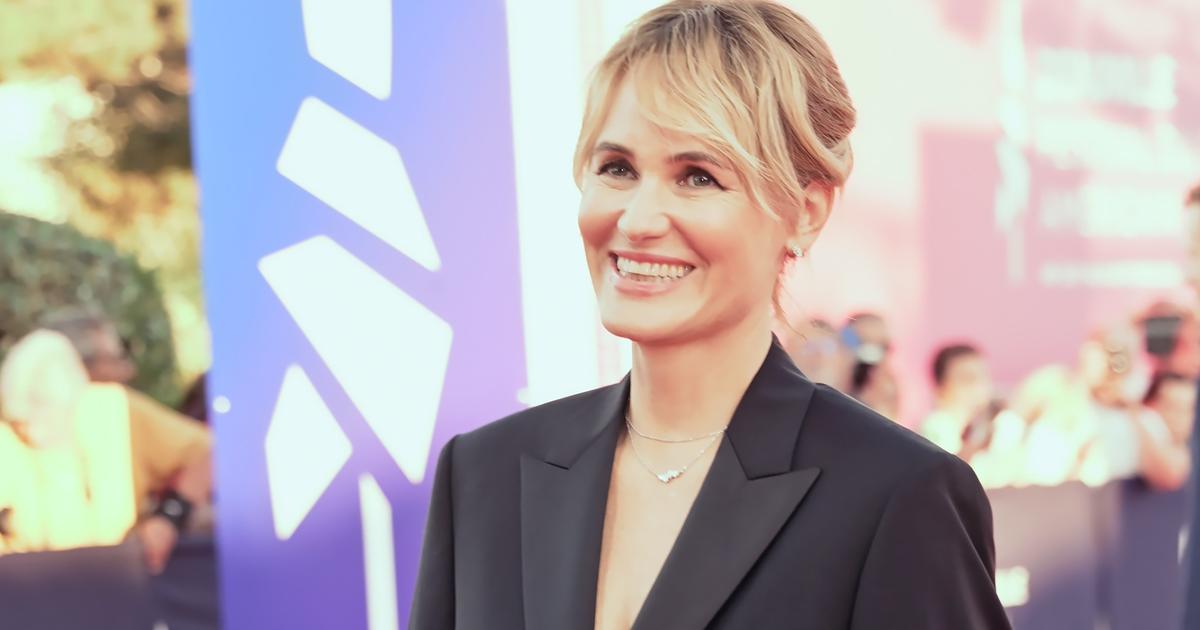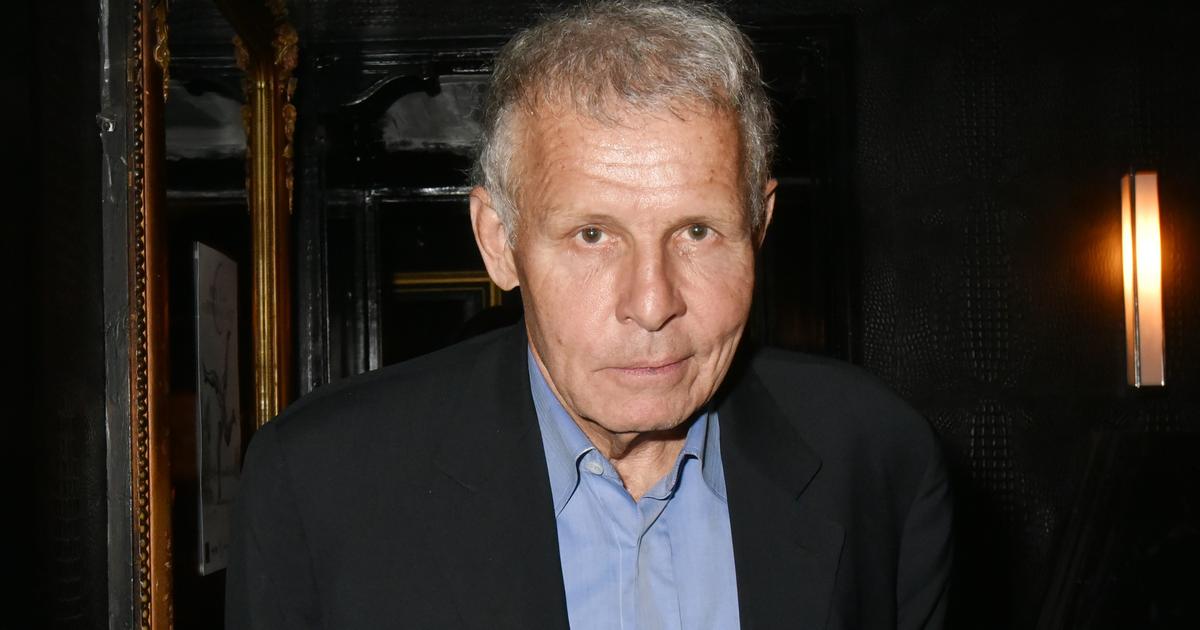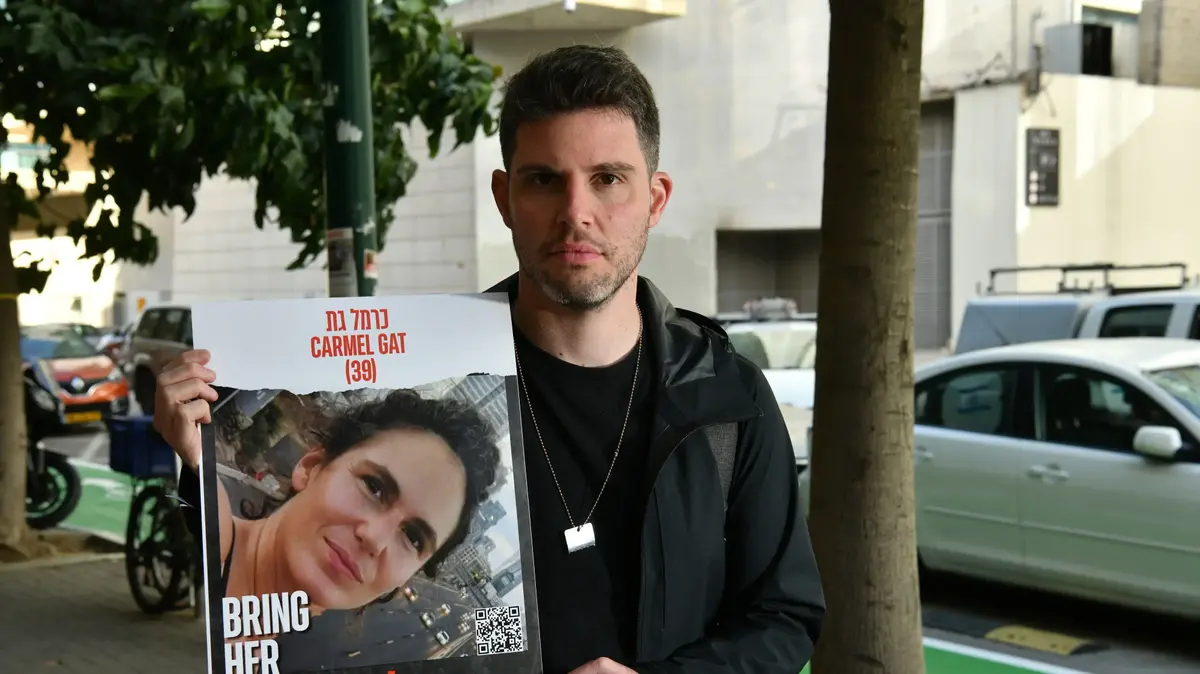Note to readers:
EL PAÍS offers the Future Planet section for its daily and global information contribution on the 2030 Agenda, the eradication of poverty and inequality, and the progress of developing countries.
If you want to support our journalism,
subscribe here.
“We want all the victims to know that we are fighting for them and, above all, that they are not the culprits.
We want them not to feel guilty about what happened.
We want to tell them: 'Baby, it's not your fault' ('darling, it's not your fault').
Let them know that we are going to support them, that this time we are by their side and we are going to help them.
We want them to know that they are not alone and encourage them to break the silence and feel free, and that they can hold the hand of any of us because we are here for them ”.
These words are from Lubna Abdalla, one of the young Sudanese women who have launched the #itsnotokay and نحنا_معاكي # campaign, an action on social networks to denounce sexual violence in the country and, above all, to confront the justifications of the attacks that some social sectors continue to spread.
The Sudanese circles of the main platforms have been shaken in the first days of the year by this tide of demand.
More information
#MeToo clashes in Africa with tolerated violence against women
Congo, the rape capital of the world
Ugandan women publish the names of their rapists on Twitter
On 2 January, some Sudanese news profiles spread the news of the rape of a young woman by about twenty armed men on one of the main streets of Khartoum on New Year's Eve.
Several Sudanese users began to share messages about this information and soon began to come across others who justified the attacks, minimized the seriousness of the events and, above all, held the victim responsible for what happened.
The next day, a group of these activists realized that sharing and criticizing information was not enough.
They tried to organize.
This is so sad wallahi: ((# نحنا_معاكي # itsnotokay pic.twitter.com/011DPkXaBm
- Linda 🏳️ (@ox_Linda_xo) January 3, 2021
Samah Idrees launched the call via Twitter when the action still had no form.
“I was talking to two friends on WhatsApp and we thought we had to start a movement, but obviously we needed more people so I tweeted it.
People started joining the group and we brainstormed the most suitable name for the label.
With this campaign we want to show support, create awareness and that this leads to positive change.
We have different motivations, but the most common ones are anger and hope, ”explains this 16-year-old who currently lives outside the country.
"The response has been impressive," acknowledges Idrees.
"We have become a hundred women in the chat and only four or five men," says Aseel Adil Ali Ibrahim, who also joined the group of promoters of the action early.
The # نحنا_معاكي campaign was launched by a group of young people in solidarity with the victims of sexual harassment and rape and to try to reduce harassment / sexual abuse and rape in general
- سِتّ شُمُوس الْكَوْن (@juiceadill) January 4, 2021
There are two ideas that are repeated among the participants in the campaign: that of breaking the silence and that of stopping blaming the victims.
“This is not the first time this has happened in Sudan,” explains Lubna Abdalla, one of the members of the initial group, “but this time we have chosen to break the silence to stop the violence, speak out and bring about the change we need because this is unacceptable. .
It never was, it never will be and it is time for it to stop, it is time to form a movement and make sure that all rapists and stalkers get what they deserve and that victims get their rights back ”.
Please this is very important please stop what you're doing and just pay us attention
It's fucking 2021 and the victim is still getting blamed and r * pe apologists are everywhere around us
Women aren't safe we're all scared # نحنا_معاكي
#itsnotokay
- lubna🌶 # نحنا_معاكي (@freakingqueen) January 3, 2021
In fact, a good part of the campaign's activity has been to respond to those who, also from social networks, blame the victims for their sexual assaults.
“Our society is misogynistic,” Aseel Adil Ali Ibrahim laments, “and always holds women responsible for the way they dress, for how they walk or even for how they speak, and overlooks that even women who are fully covered they are also raped.
Our society has never been a safe place for women to publicly report their experiences, and in the end their silence is a continuation of sexual assault, manipulated, harassed by sending emails, or even threatened.
It is difficult to talk about these incidents because you will find little or no support from the majority of people, as they are always victims of guilt.
"Our society is misogynistic."
A good part of the activity of the campaign has been to respond to those who, also from social networks, blamed the victims for their sexual assaults.
With #itsnotokay, the participants in the campaign have tried to dynamite that stigma that grips the victims.
“Most of them are afraid to speak out at home and outside because they think they will be blamed and stigmatized for what happened to them.
Almost everyone in Sudan is obsessed with dignity and honor.
They think that once they harass or rape you, you lose it, and with this action we want to prove otherwise.
We want to say to women: 'You are not a disgrace.
You did not lose your dignity, or your honor, or your pride.
We are honored to have a survivor among us.
Do not be ashamed and do not embarrass your family because it is not your fault ”, affirms the young Lubna Abdalla firmly.
You didn't lose your pride, your dignity, or your honor.
We are honored to have a survivor among us.
Don't be ashamed and don't embarrass your family because it's not your fault
Lubna abdalla
The diversity is also shown in the slogans of the campaign, which is specified in two hashtags, one in Arabic نحنا_معاكي # and the other in English #isnotokay.
"They don't have the same meaning," explains Samah Idrees.
“The label in Arabic shows support, it means 'we are with you';
the English shows condemnation.
Members of Sudanese society speak English or Arabic or both;
we launched them in both languages to reach more people ”.
The networks have also amplified this discourse that insists on pointing out the victims to justify the attacks and exonerate the aggressors.
These activists have tried to turn the hatred that social media exudes and use it to breach rigid social stereotypes.
“Girls and women are sexually harassed on a daily basis, even in public places, and these same real-life bullies are blaming victims on the Internet.
They blame the victim because nobody can stop them and, of course, because misogyny is in many mentalities, it is normalized and people feel that they can blame a victim out loud… ”, laments one of the promoters of the action, Samah Idrees .
And Aseel Adil Ali Ibrahim adds: “It is really exhausting and traumatic to read such disgusting and dehumanizing comments about women that come mostly from men.
They are supposed to protect us, but they are the reason why we dress according to their dictates, why we must avoid some places, why we never go anywhere alone, because we know what they are capable of. "
(Men) are supposed to protect us, but they are the reason why we dress according to their dictates, why we must avoid some places, why we never go anywhere alone, because we know what they are capable of doing. "
She herself insists on the potential of the networks: “Reporting publicly will shed light on what is right and what is wrong, since many think it is right to blame a victim.
Our goal is to create awareness ”.
One of the proposals of the campaign in addition to sharing opinions, complaints and messages of encouragement for the victims, was to share a common profile photo.
"We have shared an image that represents hope and anger, we have also added the flower to add a 'healthy' effect," says Idrees.
His partner Aseel Adil Ali Ibrahim is more lukewarm: “The conscience can help some of them, but others are really a basket case.
Complaint is our best option to ensure that our voices are heard and not oppressed.
After the first moments, the campaign has been resting.
Over the days, the promoters have tried to keep the labels as a trend, as happened in the first days, and have created profiles on various social networks, such as Twitter, Facebook and Instagram, where the publications have had a wide journey.
Among the shared contents, continuing the tradition of committed Sudanese graphic artists, the participants have had a huge material composed of drawings and illustrations, which have put art at the service of claim.
FUTURE PLANET can follow on
,
and
, and subscribe
here
to our 'newsletter'
.



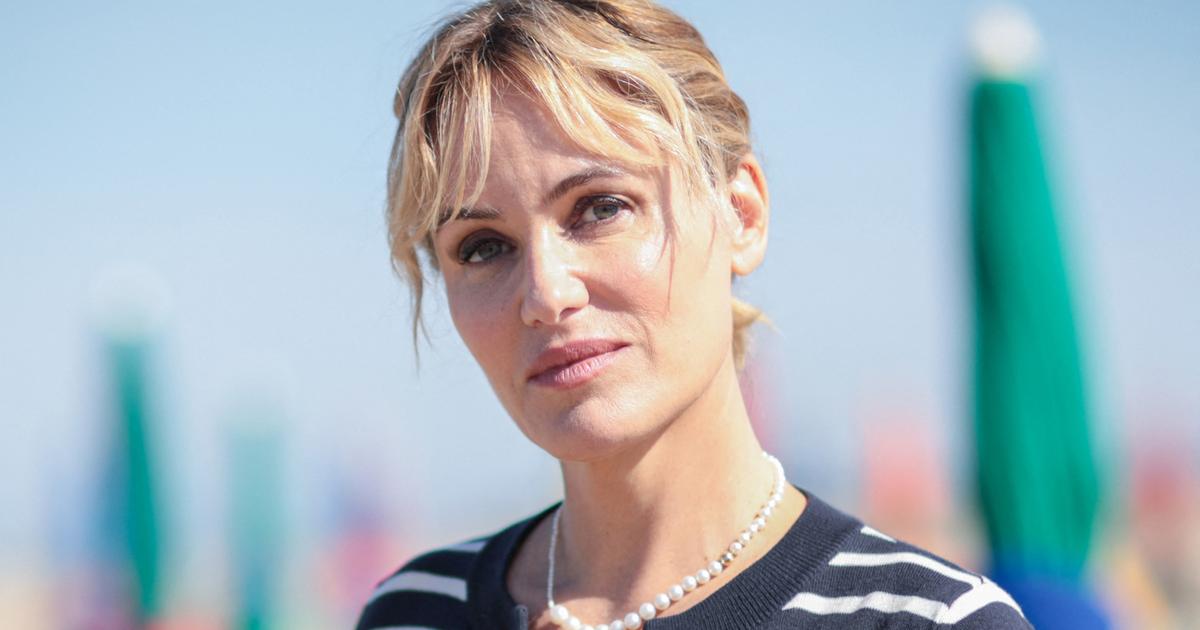
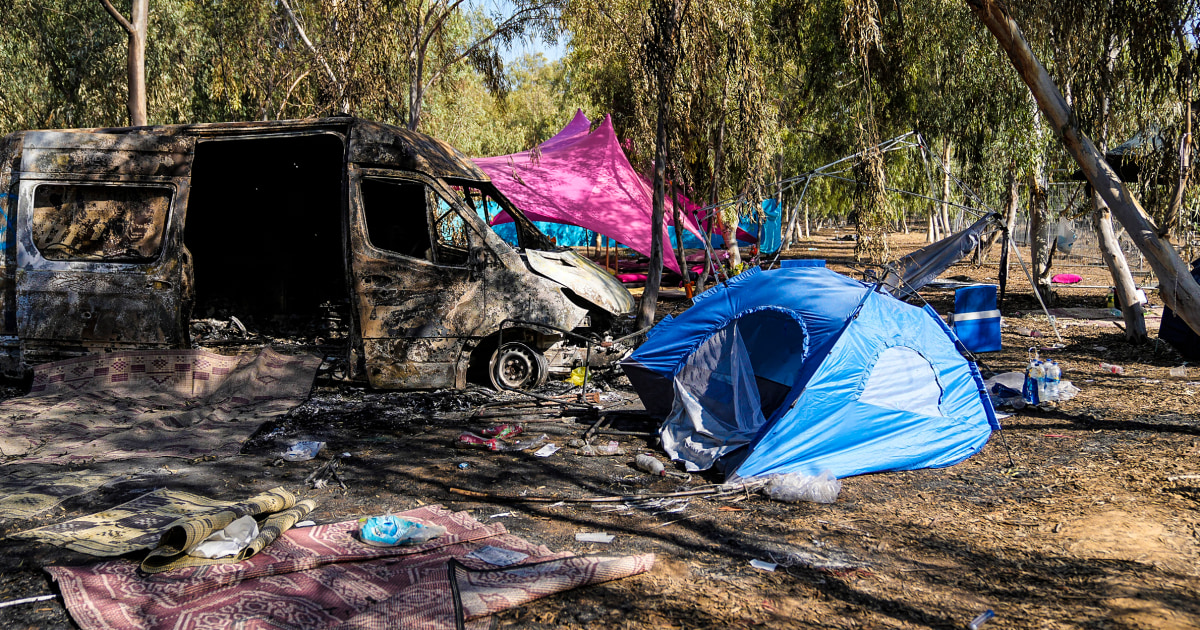
/cloudfront-eu-central-1.images.arcpublishing.com/prisa/OJSQ7GWB5BC4XBQDMMJFYJF5BU.jpg)
